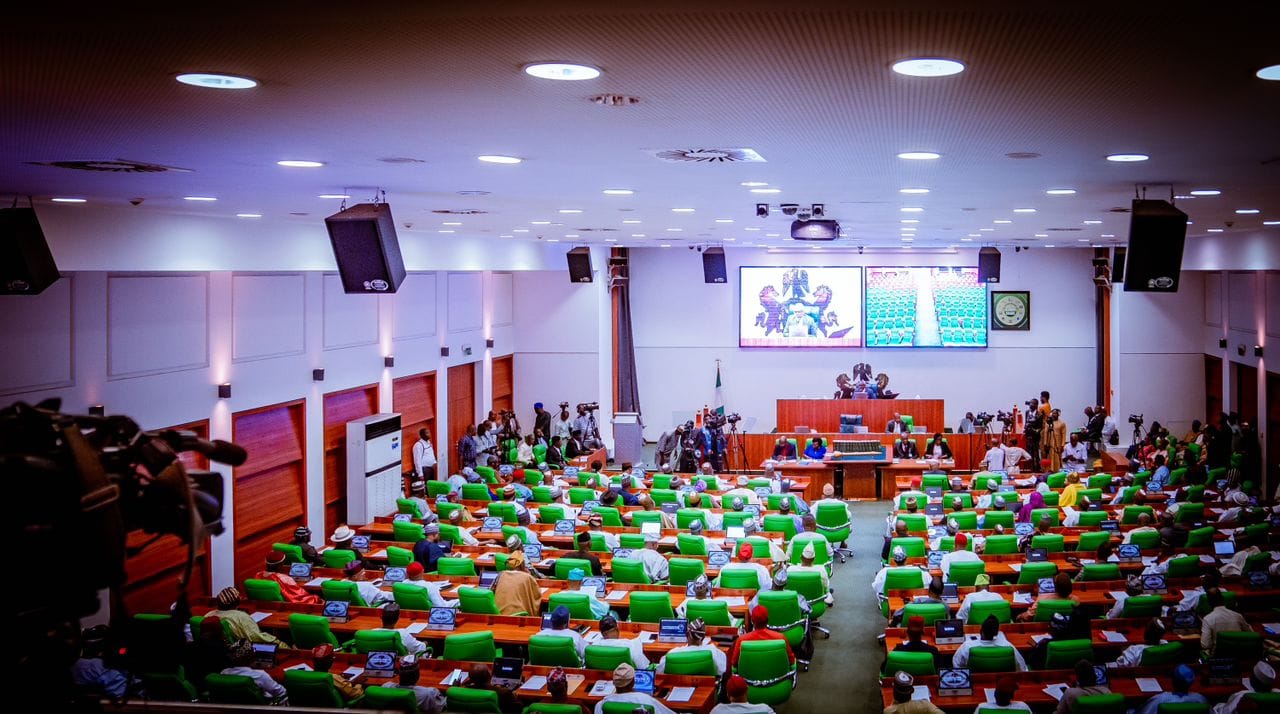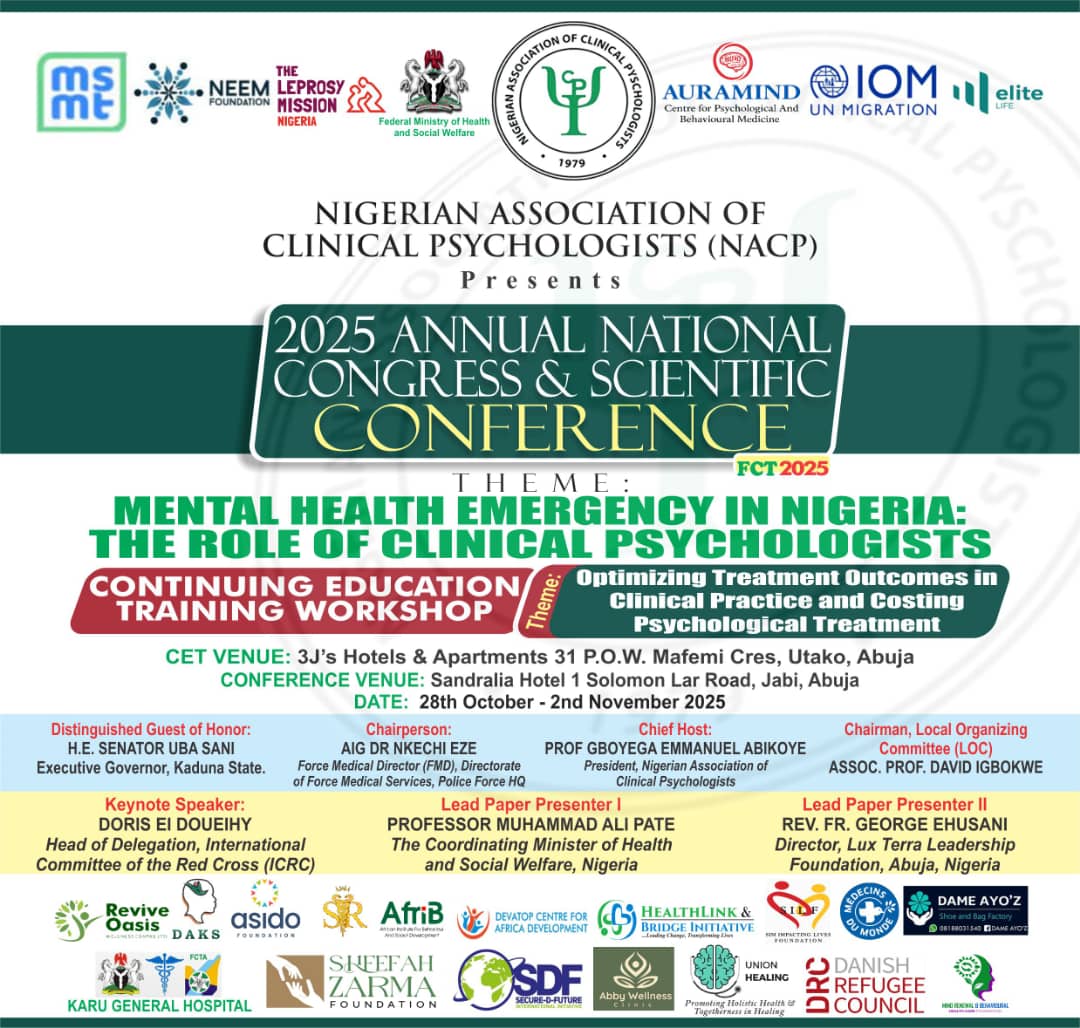
Abuja, Aug. 14 — The House of Representatives Committee on the Nigeria COVID-19 Action Recovery and Economic Stimulus (NG-CARES) has opened an investigation into the multi-billion-naira programme following mounting public complaints that it failed to deliver tangible benefits to the vulnerable Nigerians it was designed to assist.
Speaking to journalists at the National Assembly Complex in Abuja, Committee Chairman Abubakar Kusada (Katsina, APC) said the inquiry was prompted by widespread reports that the initiative jointly financed by the Federal Government and the World Bank had yielded “little or no” improvement in the lives of targeted beneficiaries.
Launched to cushion the economic fallout from COVID-19, fuel subsidy removal, and exchange rate unification, NG-CARES operates across all 36 states and the Federal Capital Territory. The first phase, with a total budget of $696 million (₦1.06 trillion), is set to end in December 2025, with the final tranche of funds recently disbursed.
Billions Spent, Little to Show
Kusada expressed concern that despite states receiving substantial allocations for interventions ranging from cash transfers and public works programmes to farm inputs, infrastructure upgrades, and small business support, “evidence of positive impact on the ground remains scarce.”
He outlined the programme’s three core result areas social safety nets and basic services, food security and agriculture, and recovery of micro, small, and medium enterprises but questioned whether the objectives were being met.
Oversight Powers in Action
Invoking Sections 88 and 89 of the Constitution, the Committee pledged to examine possible fund mismanagement or diversion, assess value for money, and scrutinise procurement processes for overpricing or irregularities.
“It will also review the performance of independent verification agents and third-party monitors, assess fairness in fund allocation to states, and evaluate the capacity of state-level delivery platforms, including the adequacy of training for implementing agencies,” Kusada said.
“If funds have been utilised as intended, Nigerians must be informed of how and where to access the benefits. If misappropriated, those responsible will be held to account and the money recovered. Where oversight or procurement systems have failed, we will involve the relevant anti-corruption bodies.”
Call for Measurable Results
The lawmaker stressed that every kobo spent must “translate into real and measurable improvements in people’s lives,” adding:
“If the programme is successful, the results should be evident. If it is not, corrective actions must be taken immediately.”
The investigation comes amid growing pressure on both federal and state governments to demonstrate accountability in the management of international aid and public funds.


